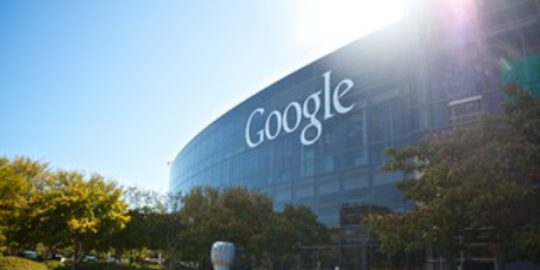
The world of artificial intelligence is no stranger to groundbreaking technology and the intense competition that follows. However, the latest legal turmoil involves tech giant Google, who is now embroiled in a high-stakes lawsuit that could shake up the industry. Massachusetts-based Singular Computing has accused Google of appropriating patented technology pivotal to the creation of Tensor Processing Units (TPUs) - hardware that is at the heart of Google's AI operations. The case, which carries a staggering $1.67 billion price tag, could have profound implications for tech innovation and intellectual property rights.
The conflict centers on a tale of a partnership that eventually went awry. Singular Computing alleges that its founder, Joseph Bates, shared revolutionary ideas with Google between 2010 and 2014, ideas that later became integral to Google's AI prowess. Singular's legal team presented compelling evidence, including emails from Google's chief scientist, which suggest that Google recognized the potential value of Singular's technology to its suite of services. The contention is not trivial; it touches upon Google's bread-and-butter offerings like Search, Translate, and Gmail, which have benefited from AI advancements.
Google, on the other hand, staunchly refutes the allegations. The defense paints a picture of independent innovation by Google's team, who supposedly never crossed paths with Singular's Bates. Moreover, they depict Bates as a "disappointed inventor," arguing that Singular's technology was shopped around to various companies and was fundamentally different from Google's TPUs. Google's representations emphasize the distinct nature of their AI chipsets, characterized by precise calculations, as opposed to the "approximate math" Singular's technology allegedly relied on.
The lawsuit unfolds against a backdrop of Google's extensive use of TPUs, which revolutionized its data center operations and AI model training. With billions of dollars at stake, the case has captivated industry observers and ignited debate about the ownership of ideas in the rapidly evolving tech landscape. Google's TPUs, now in their fifth generation, represent a crucial asset underpinning the company's competitive edge in AI. The trial, expected to span several weeks, will delve into the intricate details of patent claims and the nuances of tech innovation.
As the trial progresses, the tech community is watching with bated breath. The outcome of this legal clash could send ripples through the sector, affecting how tech companies collaborate and protect their intellectual property. This represents a quintessential conflict that examines the equilibrium between encouraging innovation and protecting the entitlements of inventors. Google, no stranger to legal challenges, is once again at the center of a pivotal moment in the tech world. The conclusion of this billion-dollar battle is eagerly awaited, with the potential to redefine the boundaries of competition and creation in the realm of AI technology.


